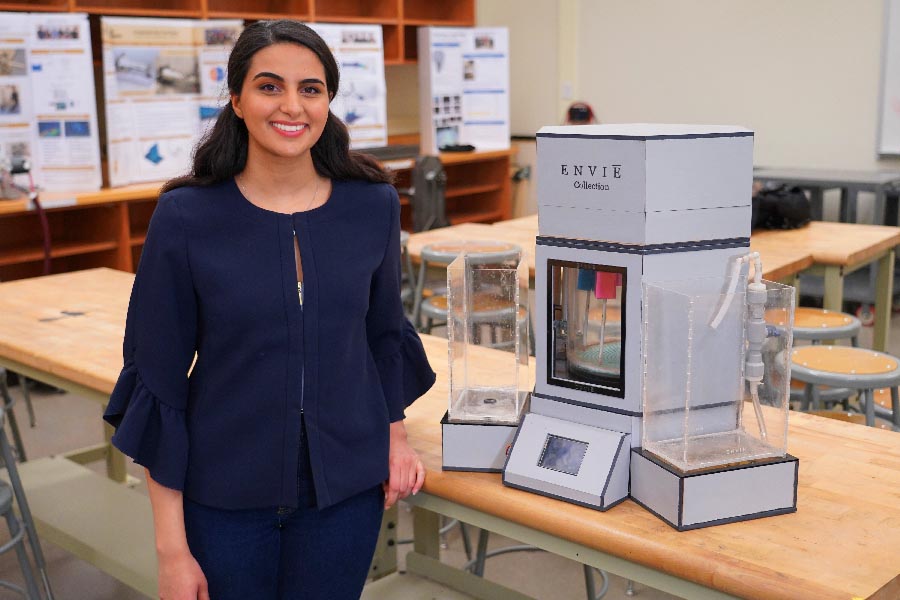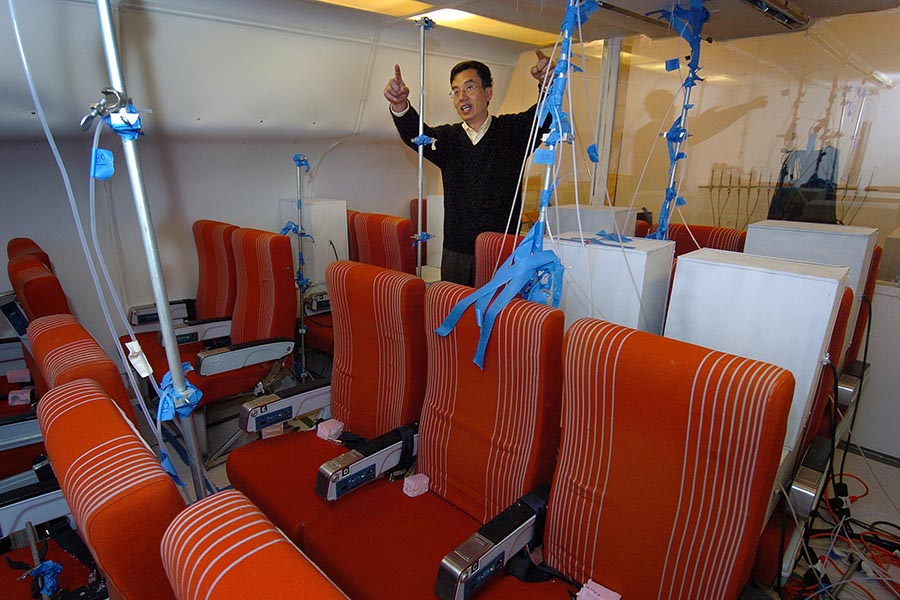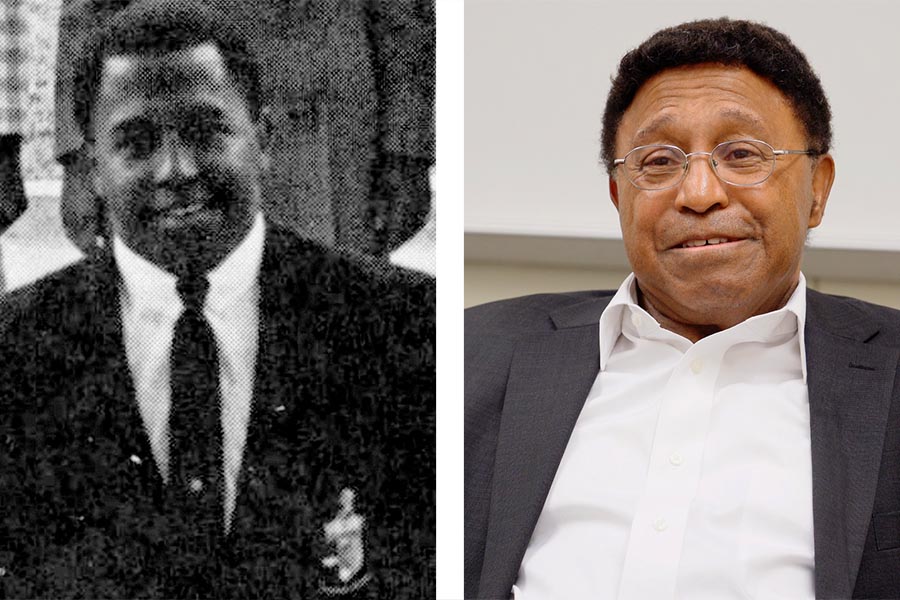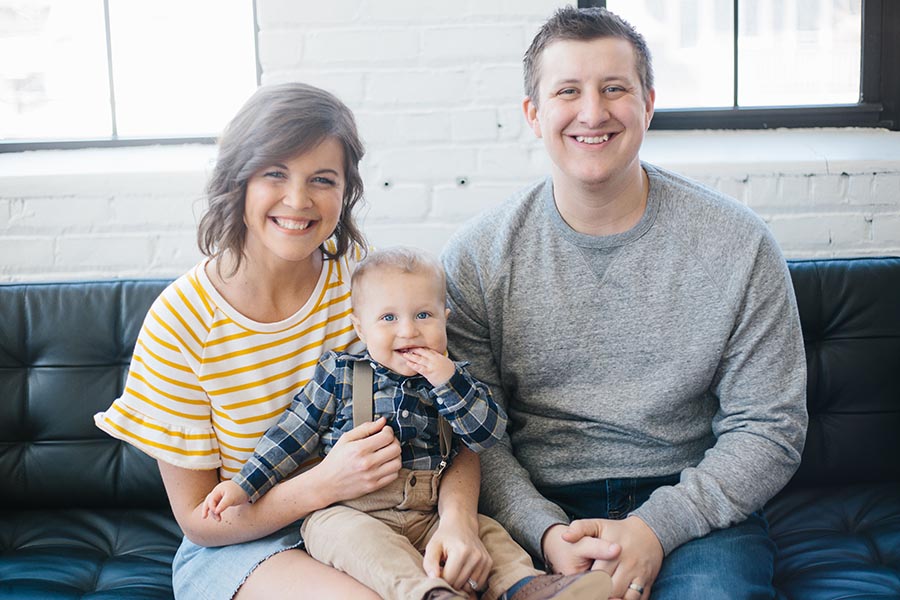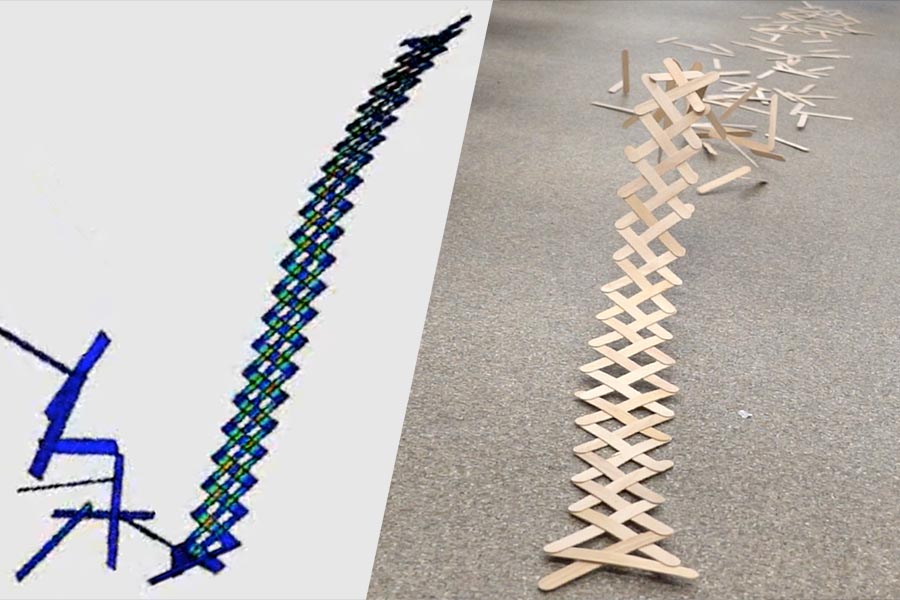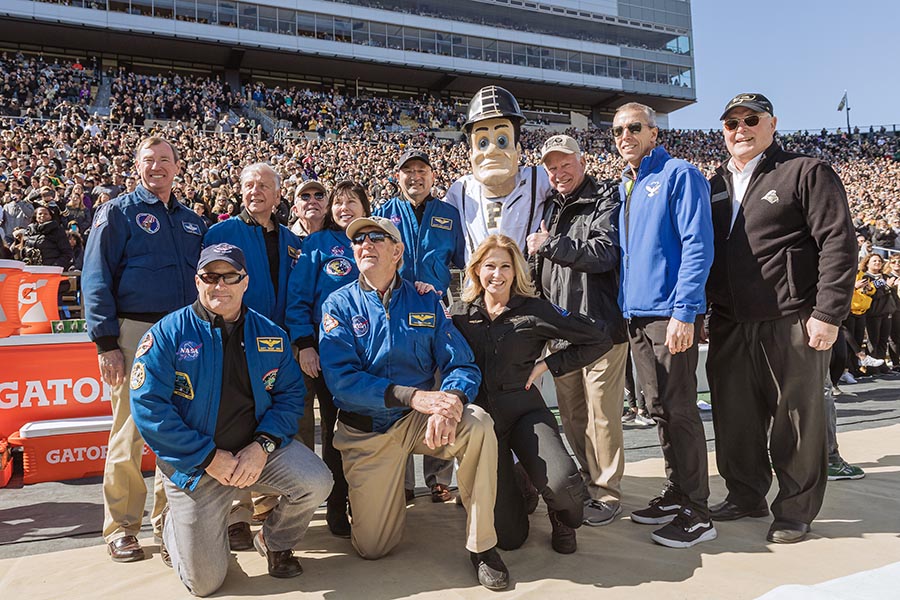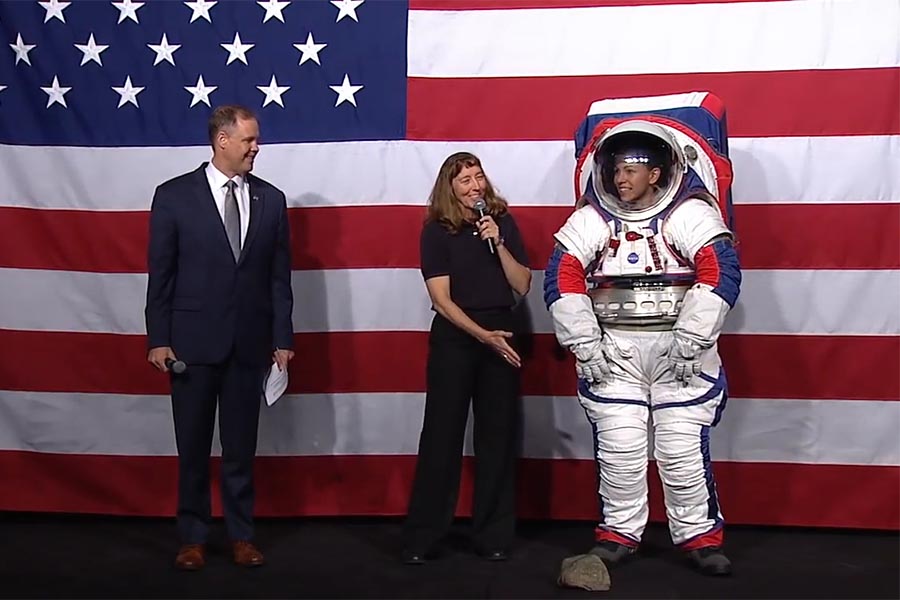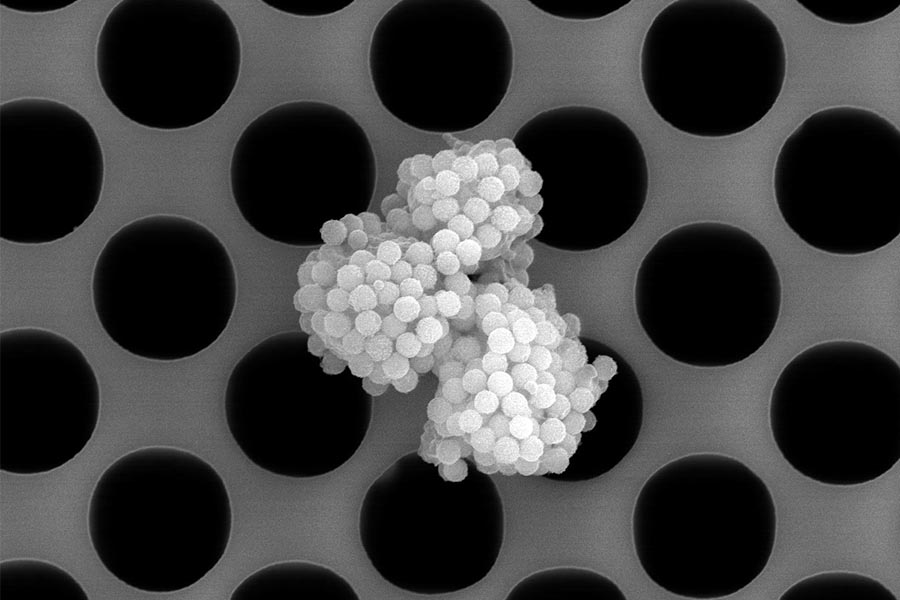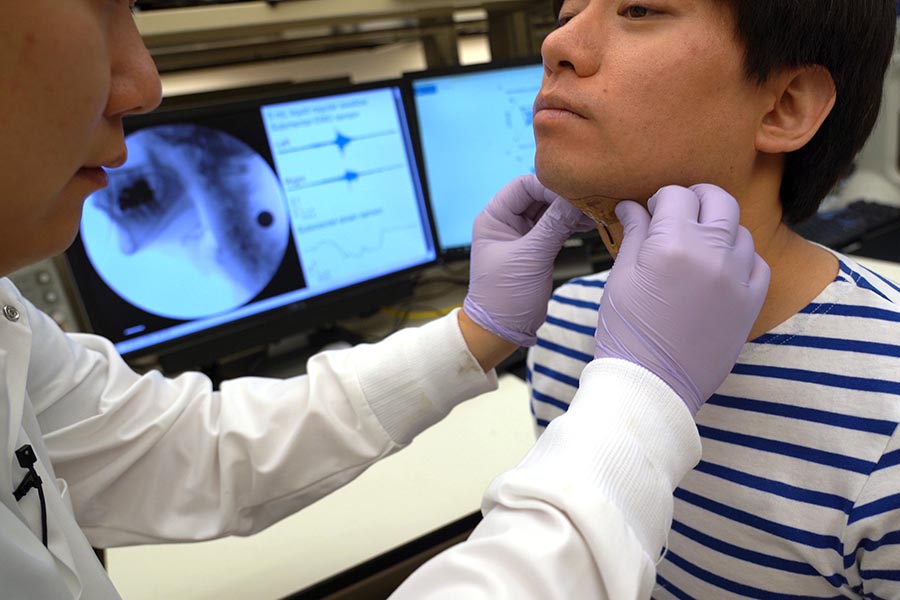 We always tell our students that engineering is all about solving problems. Well friends, the year 2020 has tested that ability to the limit! Because of the COVID-19 lockdown in March, our faculty had just one week to transition all of their classes to online delivery. This was a heroic effort on behalf of all involved, and while online experiences are not always ideal, it's a credit to everyone who has showed their flexibility. Everything had to be moved online: study groups, PhD defenses, and even commencement!
We always tell our students that engineering is all about solving problems. Well friends, the year 2020 has tested that ability to the limit! Because of the COVID-19 lockdown in March, our faculty had just one week to transition all of their classes to online delivery. This was a heroic effort on behalf of all involved, and while online experiences are not always ideal, it's a credit to everyone who has showed their flexibility. Everything had to be moved online: study groups, PhD defenses, and even commencement!
Nobody knows exactly what the future holds. But I can tell you this: nobody solves problems like Purdue Engineers. In this magazine, you'll read about amazing students, faculty, and alumni that have put their education to work in the real world, seeking out problems and creating innovative solutions.
Most importantly, I want you to know this: we are still Purdue. That hasn't changed, and it's never going to change. The things that make Purdue what it is, won't be changed by disease, or quarantine, or anything else. We are still Boilermakers, in the business of moving the world forward. Even if we have to do it through new methods, nothing's going to stop us.

Eckhard Groll
William E. and Florence E. Perry Head of Mechanical Engineering, and Reilly Professor of Mechanical Engineering

 We always tell our students that engineering is all about solving problems. Well friends, the year 2020 has tested that ability to the limit! Because of the COVID-19 lockdown in March, our faculty had just one week to transition all of their classes to online delivery. This was a heroic effort on behalf of all involved, and while online experiences are not always ideal, it's a credit to everyone who has showed their flexibility. Everything had to be moved online: study groups, PhD defenses, and even commencement!
We always tell our students that engineering is all about solving problems. Well friends, the year 2020 has tested that ability to the limit! Because of the COVID-19 lockdown in March, our faculty had just one week to transition all of their classes to online delivery. This was a heroic effort on behalf of all involved, and while online experiences are not always ideal, it's a credit to everyone who has showed their flexibility. Everything had to be moved online: study groups, PhD defenses, and even commencement!

